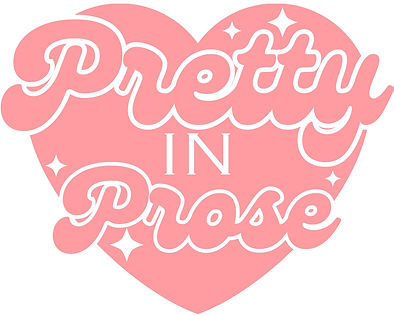banned books about race in the united states
- Gracyn Lian
- May 5
- 2 min read
Updated: Sep 29
One of the ways governments control their people is through the censorship of certain media that conveys messages that the governments do not want their citizens to consume. These books have been challenged or removed primarily in the United States, often in school districts, libraries, and prisons.
The reasons for bans typically include:
Explicit Content: Sexual scenes, violence, and language deemed inappropriate for certain age groups.
Political and Social Critique: Challenges to systemic structures like racism, patriarchy, and law enforcement.
Religious and Moral Objections: Content conflicting with certain religious or moral beliefs.
Fear of Indoctrination: Concerns that these books promote specific ideologies or encourage dissent.
It is important to exercise our freedom of expression and therefore our freedom to consume whatever media we would like.
For more information on book bands and to support freedom of expression:
The New Jim Crow by Michelle Alexander
Themes: Mass incarceration, systemic racism.
Banned in: Prisons in North Carolina and Florida.
Reasons: Critiques of criminal justice system; considered a threat to the status quo.
Go Tell it on the Mountain by James Baldwin
Themes: Religion, identity, racial oppression.
Banned in: Prince William County, VA (1988); Hudson Valley, NE (1994).
Reasons: Racism, violence, explicit sexual content, and profanity.
Invisible Man by Ralph Ellison
Themes: Identity, invisibility, racial politics.
Banned in: Randolph County, NC (2013).
Reasons: Considered "filthy" and lacking "literary value" by some; later reinstated after public outcry.
All Boys Aren't Blue by George M. Johnson
Themes: Black queer identity, masculinity, consent.
Banned in: School libraries across eight U.S. states.
Reasons: Labeled as pornographic due to discussions of consensual sex and sexual abuse.
Beloved by Toni Morrison
Themes: Slavery, trauma, motherhood.
Banned in: Various U.S. schools and districts.
Reasons: Graphic depictions of violence and sexual content related to slavery; considered disturbing by some parents and educators.
The Bluest Eye by Toni Morrison
Themes: Internalized racism, beauty standards, abuse.
Banned in: Various education institutions.
Reasons: Descriptions of sexual abuse and controversial themes deemed unsuitable for young readers.
Ghost Boys by Jewell Parker Rhodes
Themes: Police violence, racial injustice.
Banned in: Certain U.S. schools and districts.
Reasons: Portrayals of police brutality; labeled as "propoganda" by some law enforcement groups.
The Hate U Give by Angie Thomas
Themes: Police brutality, activism, Black identity.
Banned in: Some U.S. school districts.
Reasons: Profanity and depictions of drug use; considered "anti-police" by some critics.
The Color Purple by Alice Walker
Themes: Racism, sexism, abuse, LGBTQ+ identity.
Banned in: Various U.S. schools and districts.
Reasons: Explicit language, sexual content, and depictions of abuse; challenged for its portrayal of race relations and human sexuality.
Native Son by Richard Wright
Themes: Poverty, systemic racism, crime.
Banned in: Various schools and districts.
Reasons: Graphic violence, sexual content, and controversial racial themse.






Comments